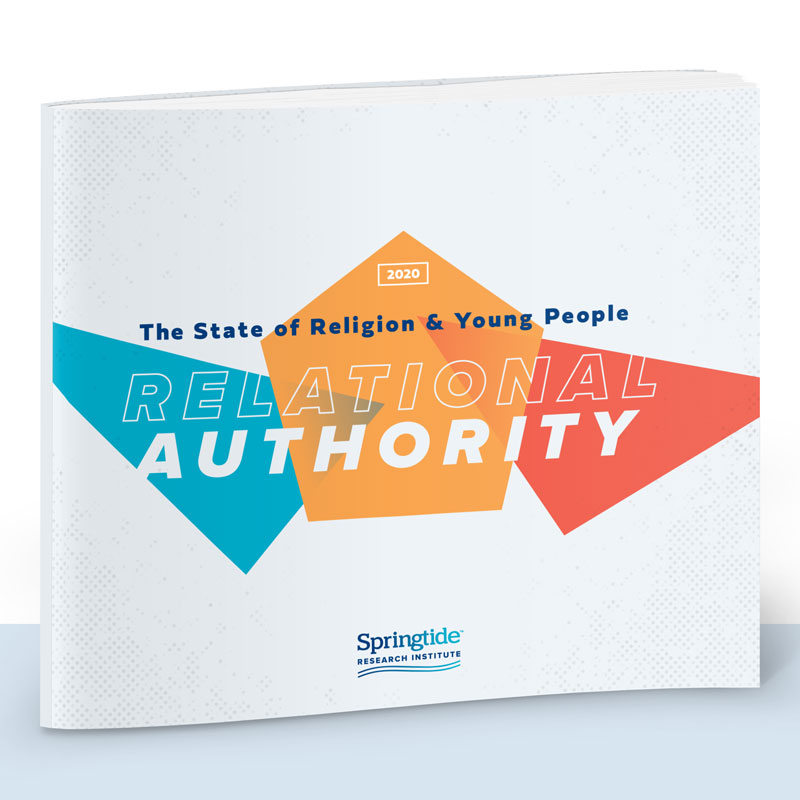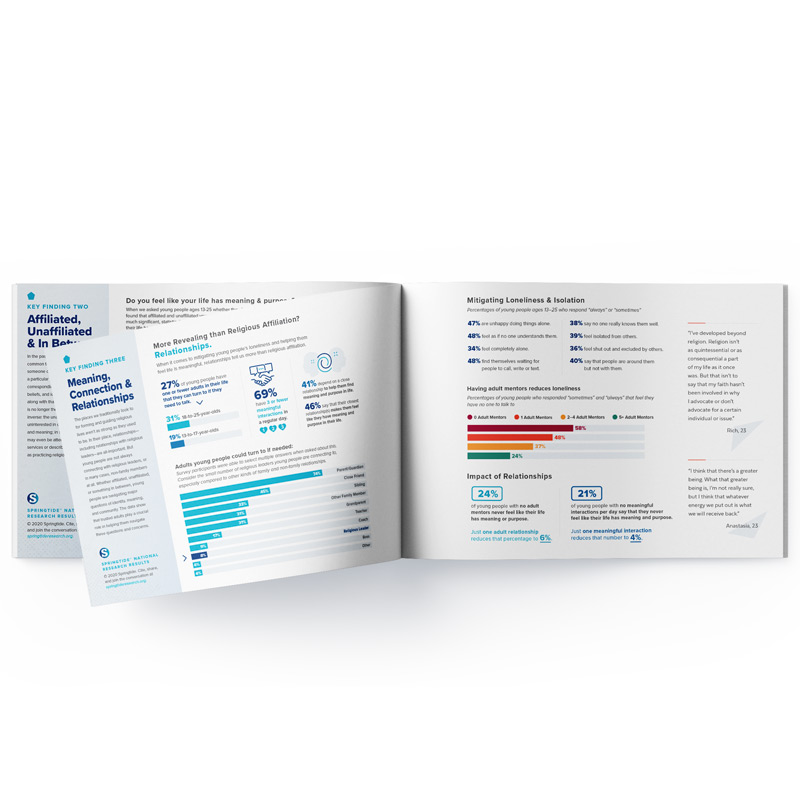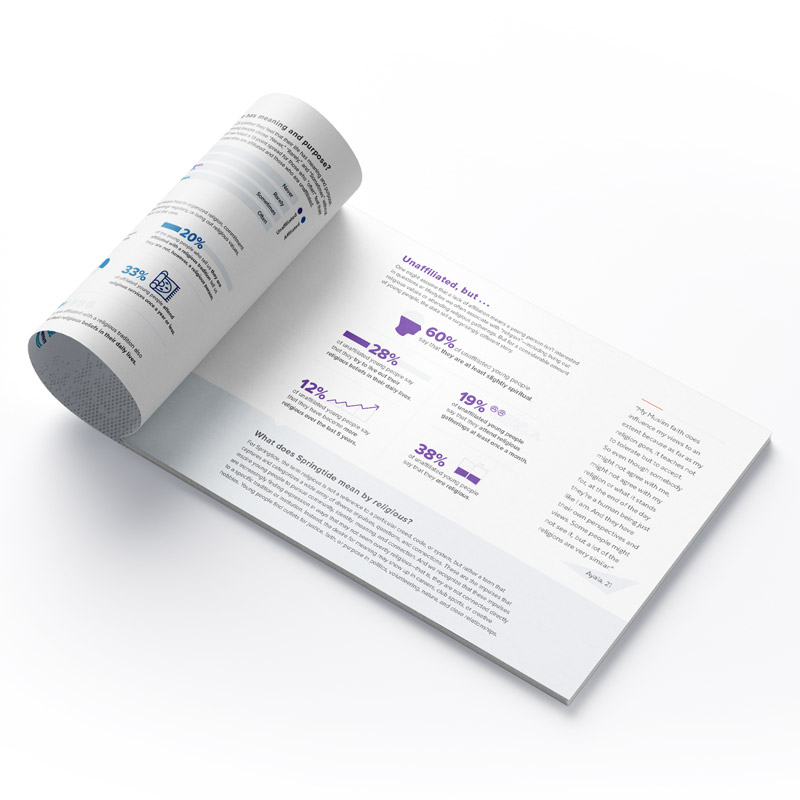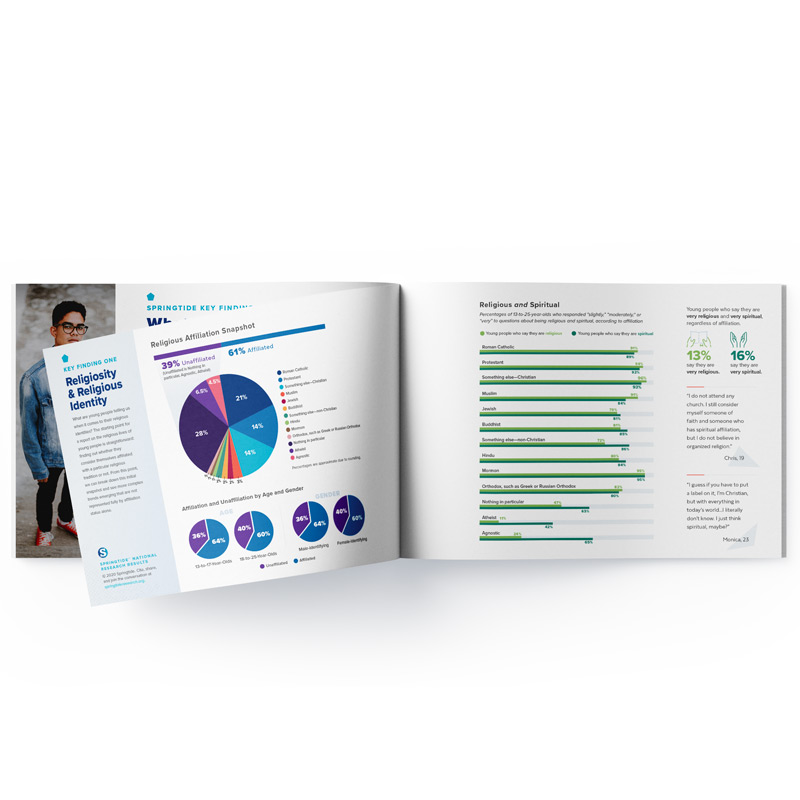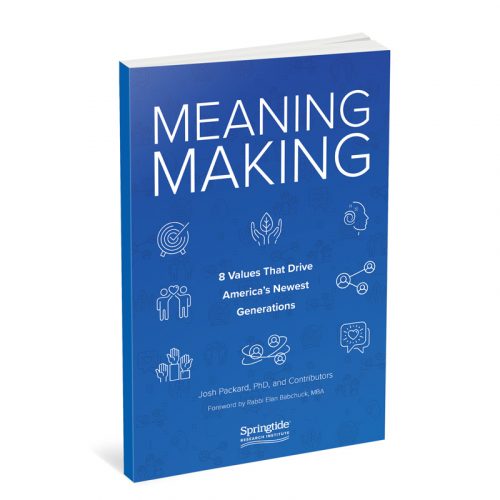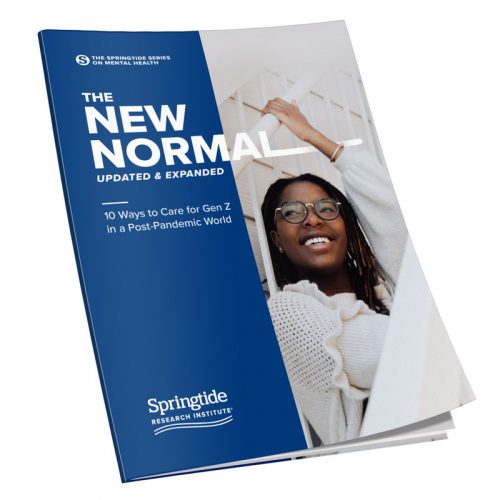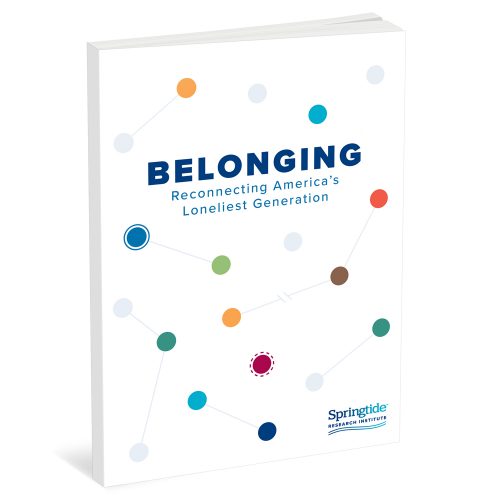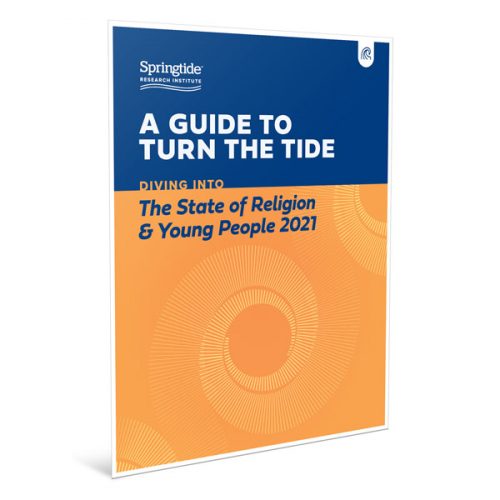- Please choose product options by visiting The State of Religion & Young People 2021: Navigating Uncertainty.
The State of Religion & Young People 2020: Relational Authority
$21.95
Our data show that checking “affiliated” or “unaffiliated” on a survey doesn’t tell the whole story on young peoples’ religious identities. The largest data set of its kind, The State of Religion & Young People 2020: Relational Authority gives you a framework and insights on how to care for Gen Z today.
Behaviors tell us more than checked boxes. Relationships reveal more than affiliations. And the most effective relationships practice Relational Authority, a framework that responds to these complexities, that is rooted in five practices: listening, transparency, integrity, care, and expertise.
The largest data set of its kind, The State of Religion & Young People 2020: Relational Authority, collects data from over 10,000 surveys and over 150 interviews with young people ages 13 to 25. With special features on politics, careers, and virtual environments—as well as a comprehensive look at the changing social, religious, and cultural landscape—it not only provides data but also actionable insights and fresh frameworks to help you act on these findings.
There are no customer reviews. Click here to submit a review.




